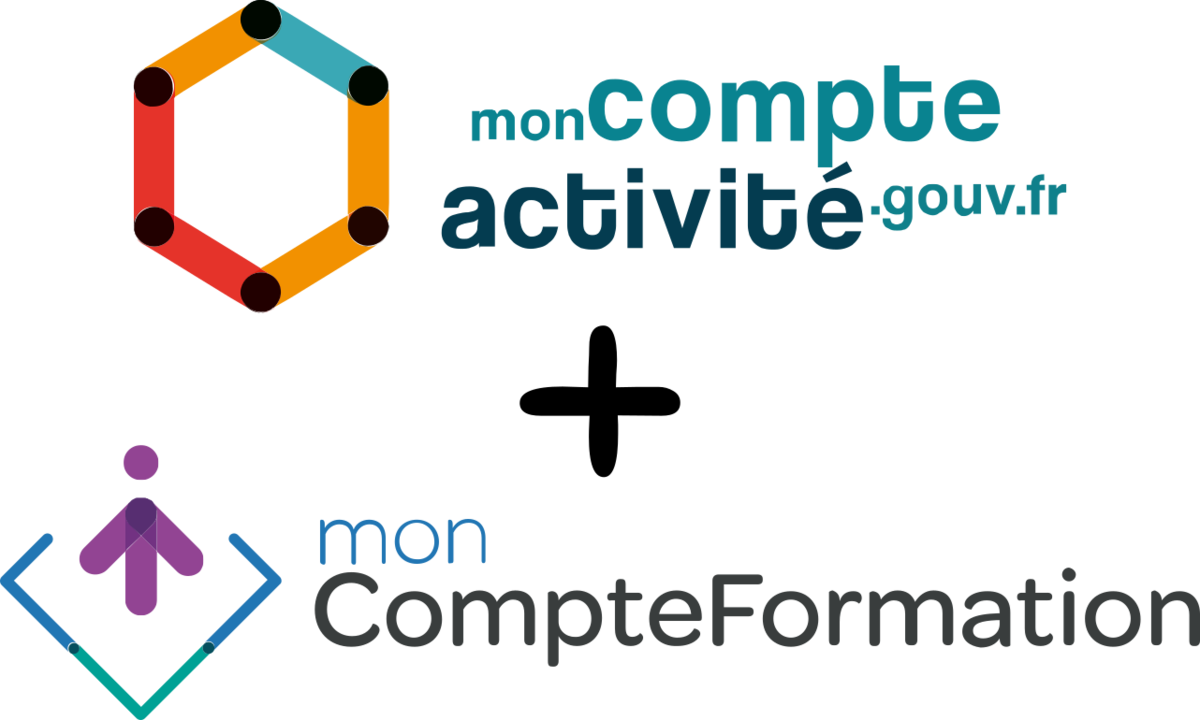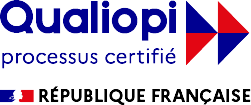Overview
European MBA IT Project Manager
- Program duration : 2 years
- Teaching format : on campus / hybrid
- Campus : Montpellier
- Accreditation : FEDE’s European MBA degree, 90 ECTS
- Intakes : October - February - May
- Contact : 09 71 79 31 92 - contact@dec-ecorh.com
- Consult the FEDE training sheet
Prerequisites
The European MBA in IT Project Management is open to the following profiles:
● Company managers and executives
● Company executives
● Young professionals with at least 3/5 years' experience from a Bachelor's degree (180 ECTS credits)
● Minimum professional English: CEFR level B1 or equivalent
● Business culture and management: score of 50 points in the FEDE online MCQ
● Pass the recruitment tests
Tuition fees
1st year: €7850
2nd year: €2500 + FEDE national exam fees
Scholarship: a merit-based scholarship is available for students with an excellent academic record.
Training validation
Students sit the FEDE national exam at the end of their 2nd year of study, leading to an MBA-level diploma with 90 European credits (ECTS) upon successful completion
The "plus" of DECbyecRH courses
- Free, unlimited access to the LinkedIn Learning platform
- Free, personalized support for CISCO training courses
- Courses taught in English and French
- International study environment and hosting of ERASMUS+ groups
Job opportunities
● Digital project manager
● Project Manager
● Project Leader
● Digital Consultant
● IT project manager MOA
● Project manager
● Strategic planner
● Technology watch officer
Training program
Objectives and skills
● Manage an IT project and a team
● Define technical requirements in terms of product functionalities and constraints in
terms of deadlines, budget or legal standards
● Assess project risks
● Design a specific solution adapted to customer requirements and specifications
● Program in a specific computer language
● Manage each stage of the IT project's implementation, while respecting costs and
deadlines
● Manage relations with engineers, key customers and suppliers
● Monitor technological developments

1 - Managing and steering IT projects
This module enables you to :
- Identify the tools needed to get a project off the ground
- Describe roles and responsibilities within the project team
- Understand the stages and structure of a project
- Know how to use the various project management tools
- Acquire the fundamentals of management control
- Understand key economic performance indicators
- Measure the economic profitability of a project
- Monitor the financial progress of a project
2 - Application and database development
This module enables you to:
- Use UML (Unified Modeling Language) models
- Implement the fundamentals of object-oriented programming: abstraction, polymorphism, inheritance, redefinition and overloading
- Use object-oriented languages (Java, PHP and Python)
- Perform tests
- Optimize code
- Manage Big Data projects
3 - IT environment
This module enables you to :
- develop knowledge of logical layers 3 to 7 of the ISO model, through case studies and practical examples
- Study operating system security flaws, from the configuration files used by a kernel (internal security) to the transition to a network stack (external security).
- Master the hardware and software architectures of distributed systems
- Study the interactions between the software, hardware and timing aspects of microprocessor-based systems managing industrial processes.
- Understand and master the architecture of the Xamarin framework
- Integrate the challenges and concepts of Big Data application development

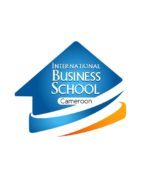
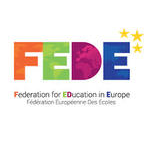
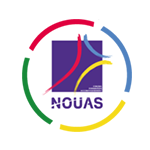
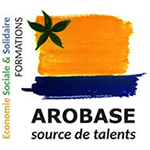


What people say about us




